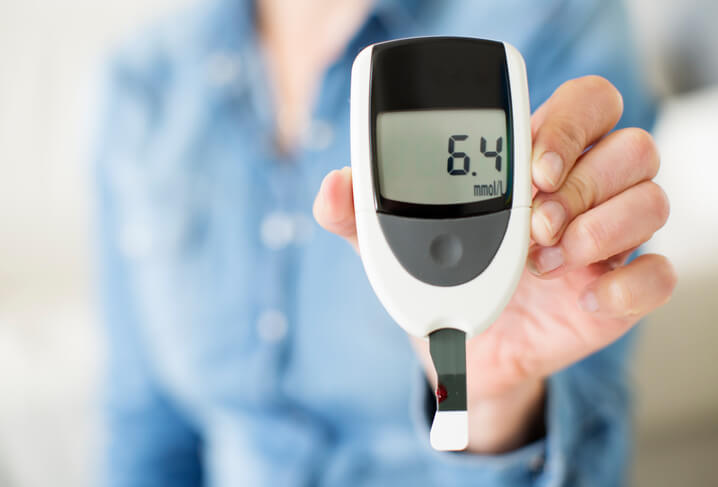For type 2 diabetics, finding the right drug or medication combination for achieving lower blood sugar can be difficult. Unfortunately, the U.S. Food and Drug Administration issued two drug safety warnings this year for popular SGLT2 inhibitor Invokana (canagliflozin). Both warned that taking Invokana to lower blood sugar more than doubled patients’ risk for toe, leg and foot amputations. Other serious potential health complications for Invokana patients include severe urinary tract infections (UTIs), diabetic ketoacidosis (DKA) and kidney failure. Two newer drugs may be good Invokana alternatives for diabetics who still need a prescription medication to lower blood sugar.
What’s even more exciting is that one recently approved medication may actually have an anti-obesity effect on patients. Another plus? Both have strong safety profiles as well as providing benefits similar to Invokana (including reduced heart failure risk).
Alternative #1 to Lower Blood Sugar: Victoza
The first drug we’ll examine here is Novo Nordisk’s injectable GLP-1 inhibitor, Victoza (liraglutide). Recent data shows that Victoza may decrease your risk of heart attack, stroke, and death from cardiovascular events by 13%. Even more telling is that these numbers are specifically for Victoza clinical trial subjects with an already established cardiovascular disease.
Some other significant statistics from the Victoza clinical trial include:
- Cardiovascular death risk reduced by 22%
- A 15% lower risk of death, period
- Risk for advanced diabetic kidney disease lowered by 22%
Perhaps more surprising is the fact that among 9,340 study participants, none reported significant safety issues or health complications. A previous 2015 Victoza study showed it beat out SGLT2 inhibitors like Invokana, Jardiance, and Farxiga at regulating A1C levels. You’ll need to inject Victoza every day subcutaneously, so needle-averse patients may prefer to try an oral treatment option like Glyset first.
Alternative #2 to Lower Blood Sugar: Glyset
A second type 2 diabetes drug called Glyset (generic name: miglitol) may help patients combat obesity issues. Growing evidence also shows that Pfizer’s oral alpha-glucosidase inhibitor, Glyset, may actually encourage weight loss in diabetic patients. In 2015 clinical trials, researchers found Glyset could inhibit adipogenesis and activate Brown Adipose Tissue (BAT). The study concludes, “A unique advantage of miglitol is that it is already used as an anti-diabetic drug with no severe side effects.” The FDA banned many anti-obesity drugs (including Fen/Phen, Redux, and Meridia) from the market due to their serious health risks. Since healthy weight loss also helps many diabetics better regulate their blood sugar, Glyset could be a breakthrough treatment option.
In addition, Japanese clinical trials comparing GLP-1 inhibitors found significant body weight and BMI losses within the Glyset group. Researchers clearly demonstrated miglitol had the greatest overall impact on obese type 2 diabetic patients. These anti-obesity benefits combined with Glyset’s ability to lower blood sugar and A1C levels make it a promising Invokana alternative.
What Invokana Victims Can Do
If you or a loved one experienced serious Invokana complications like DKA, cardiovascular events or amputations, talk to an advocate. Injured patients are now suing the drug’s manufacturer, Janssen Pharmaceuticals, for failing to warn consumers about all potential Invokana risks. To see if you may qualify for a cash settlement, fill out your Invokana compensation evaluation form now. An experienced local advocate will contact you to discuss your compensation options and possible next steps for handling your claim. Need help adjusting your diet to improve your A1C? We recommend The Complete Diabetes Cookbook from America’s Test Kitchen.
Related: Which Type 2 Diabetes Drug Is Right For You?
